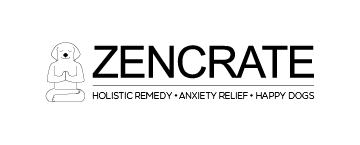The Top Dog-Friendly Hotels in the US

For those of us that love to travel, making sure that our pets are well taken care of can pose a challenge. If you’re not into boarding your pet, the only option is to bring him or her with, and for those lucky dogs, we’re compiling our favorite pet-friendly hotels across the United States. These properties welcome pets and often provide dog beds and bowls, but as you’ll see with some of our favorite pet-hotel, some amenities are over the top luxury for your canine companion.
Mandarin Oriental, Miami

Here in sunny Miami, we’re all about the pampered pet. The Mandarin Oriental will walk your dogs once a day for free and also offers access to trainers through their Play Date and Training Dates. Your dog will also enjoy his own bed and doggy turn-down service.
Loews Coronado Bay Resort, Coronado

Surf’s up at the Loews Coronado Bar Resort. Known for their annual dog surfing content held in June, the Loews offers a pet program with a twist. Sign your dog up for doggy surfing complete with the whole surfer get-up. He or she will be hanging ten in no time.
Ritz-Carlton Bachelor Gulch, Beaver Creek

The Ritz is known for unparalleled service and luxury and the same philosophy applies to your pets. Dogs at the Ritz-Carlton Bachelor Gulch can enjoy tons of space to roam and run, in-room massages, a special room service menu, and plush dog beds. Dog fees range from $25 to $125 and are donated directly to the ASPCA.
The Muse Hotel by Kimpton, New York City

Specially made for city dogs, the Muse offers a doggy welcome package including treats, an umbrella, and even a dog mani-pedi for pampered pooches. Kimpton properties across the country are known for the dog-friendly policies and eccentric, boutique décor. Various Kimpton properties host doggy happy hours a couple times per week where dogs can enjoy treats and water while their owners opt for a more adult human beverage.
The W Hotel, Scottsdale

We love the the W Hotel in Scottsdale because of our shared love of “doga” or dog yoga. Dogs that stay at this property can get their child’s pose on, or opt for a more heart-pumping activity with their daily bootcamps.
For a complete list of dog-friendly hotels, check out DogFriendly.com to find a resort located in your next vacation destination!



